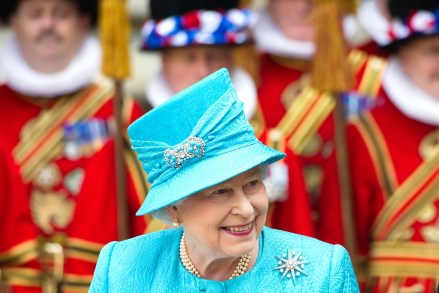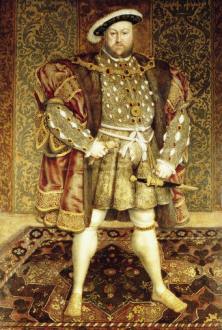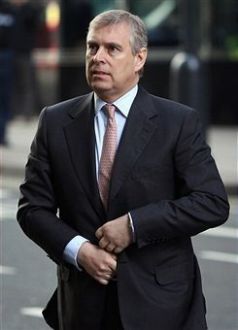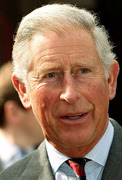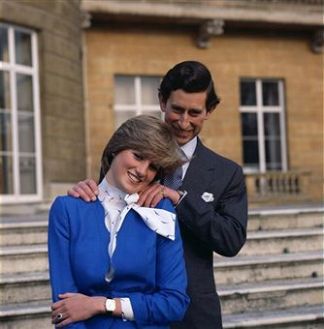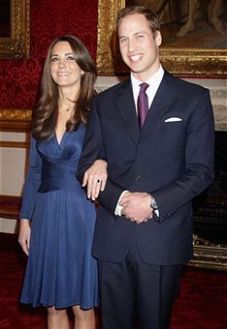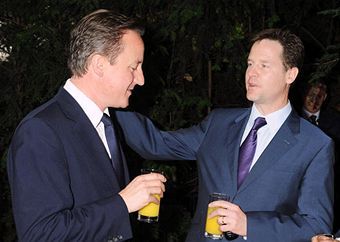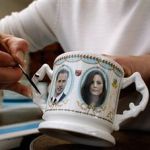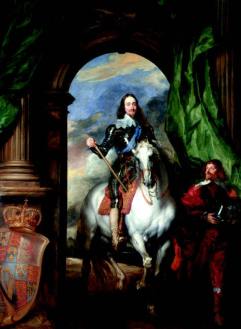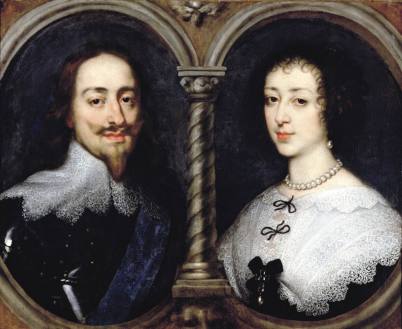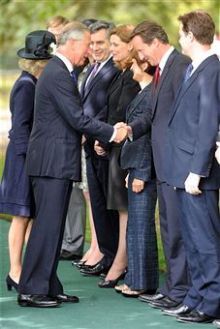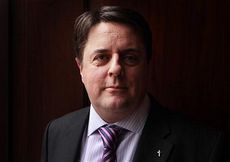The Royal Wedding (extended expat version)
Last month, dressed as a town crier, the head of the British Club in Singapore, Sean Boyle, visited the offices of every major newspaper in the country. Accompanied by an entourage also in fancy dress, he declaimed that the British Club would be celebrating the nuptials of Prince William and Kate Middleton in a festival that would last 10 days. The reception to his announcement was warm. An editor of the Tamil Murasu, the newspaper that serves Singapore’s ethnic Indian population, left the newsroom to return dressed in traditional Indian costume, to pose for photos with Boyle (see above). The team at the Berita Harian, the Malay-language daily, gave the




